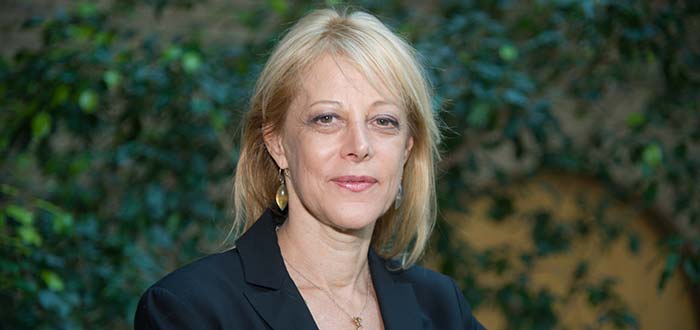Center on National Security Director Karen Greenberg spoke with NPR about the future of U.S. military court and prison at Guantanamo Bay.
I believe [Guantanamo Bay] should’ve been closed a long time ago. The reasons for keeping it open are twofold, basically. One is that there’s a military commissions process that is trying some very important terrorism cases, including the 9/11 trial of the co-conspirators alleged to have helped bring about 9/11. The second has to do with those who have been in indefinite detention. One reason is that they’re deemed too dangerous to release. The other one is that, once they are cleared for release, the negotiations that have to go on are exquisitely detailed that have to do with human rights concerns for the detainees, their safety and national security concerns for the United States. So those are the reasons that it’s kept open.
Reasons for closing it are it violates American law. It violates military law. And it violates international law. We do not hold people in indefinite detention, particularly once a war is over. I would say another reason for not keeping it open is that the idea that the federal courts can’t try these terrorists is such a vulnerability. And the basic reason that we haven’t been able to try these in federal courts at Guantanamo is the fact that these individuals were tortured and that the evidence that we presented would be tortured, that witness testimony would be tortured and that the defense is constantly bringing legitimate claims about what the torture has done to the evidence, to their clients and to the entire context of the military commissions. And so I think that, in a way, we have turned a page with Biden. And we can now put these cases to rest and begin to move on.

